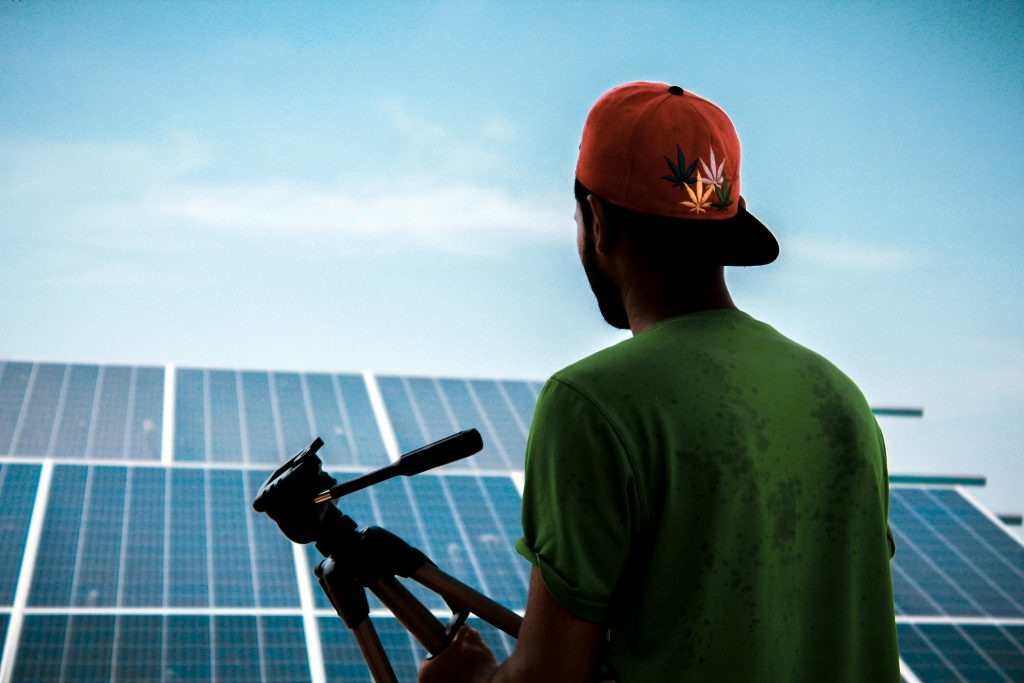Green technology has become crucial in our efforts to promote environmental sustainability. Innovations in this field are transforming industries and reducing our carbon footprint. At Florida State University (FSU), several green technology initiatives are underway to support a more sustainable future.
Renewable Energy Initiatives

Solar and Wind Power
A key component of green technology is the shift towards renewable energy sources such as solar and wind power. Solar panels have improved in efficiency and affordability, making them more accessible. Wind turbines are also advancing, with larger and more capable designs. These developments are essential for moving away from fossil fuels and towards clean energy.
FSU’s Energy Goals
FSU is committed to renewable energy and conservation. The university is implementing several strategies:
- LED Lighting: Upgrading to LED bulbs to improve energy efficiency.
- Solar Power: Utilizing solar energy from Tallahassee’s solar farm.
- Seminole Organic Garden: Incorporating solar power in the university’s garden to support sustainable practices.
Sustainable Transportation Solutions
Electric Vehicles
Electric vehicles (EVs) are becoming increasingly popular due to advancements in battery technology, lower costs, and longer ranges. EVs are environmentally friendly, as they help reduce air pollution by cutting down on emissions.
FSU’s Electric Fleet
FSU is leading by example with its transportation initiatives:
- Electric Charging Stations: Located in the Pensacola Street Garage for EV owners.
- Electric Buses: The entire bus fleet at FSU is electric, reducing the campus’s carbon footprint. Keep an eye out for these buses charging on campus!
Water Conservation Technologies
Addressing Water Scarcity
With concerns about water scarcity, efficient water use and management are vital. Technologies such as advanced irrigation systems, water sensors, and rainwater collection play a crucial role in conserving water.
FSU’s Water Conservation Efforts
FSU is actively working on water conservation:
- Low Irrigation Planting: Using water-efficient planting methods.
- Water Sensors: Automatically shutting off irrigation systems during rainfall to prevent overwatering.
- Stormwater Management: Implementing systems to manage stormwater, benefiting local ecosystems and the state’s drinking water supply.
The Impact of Green Technology
These green technology innovations at FSU demonstrate a commitment to reducing greenhouse gas emissions, conserving resources, and fostering a healthier environment. As these technologies continue to evolve, they promise a more sustainable future for everyone.


